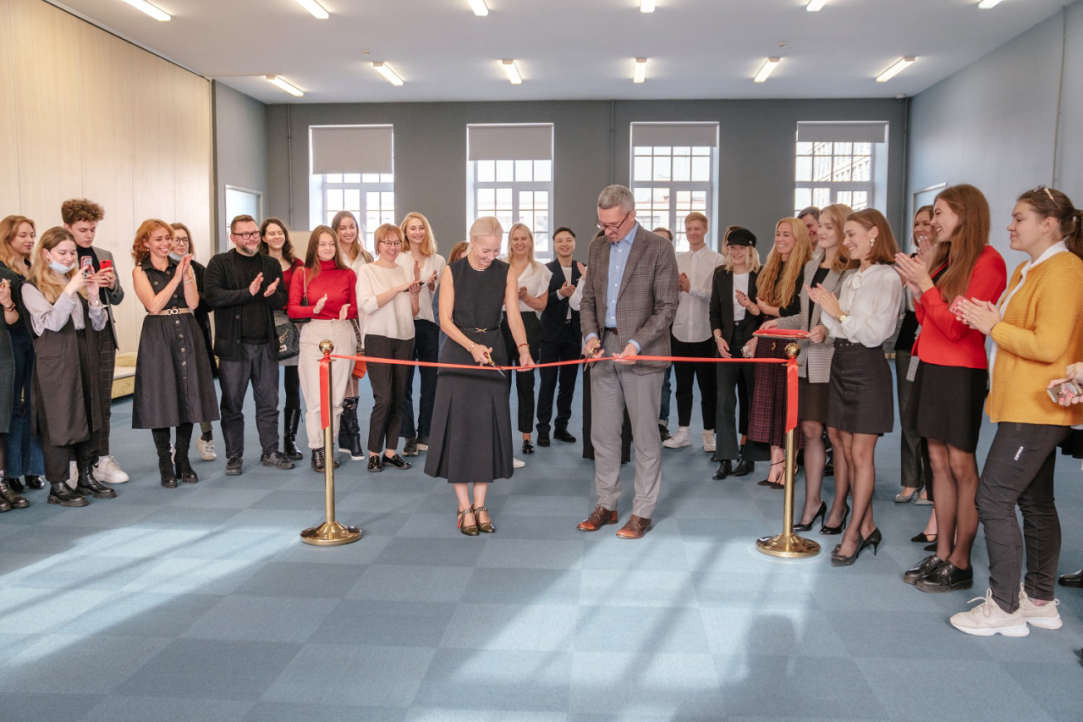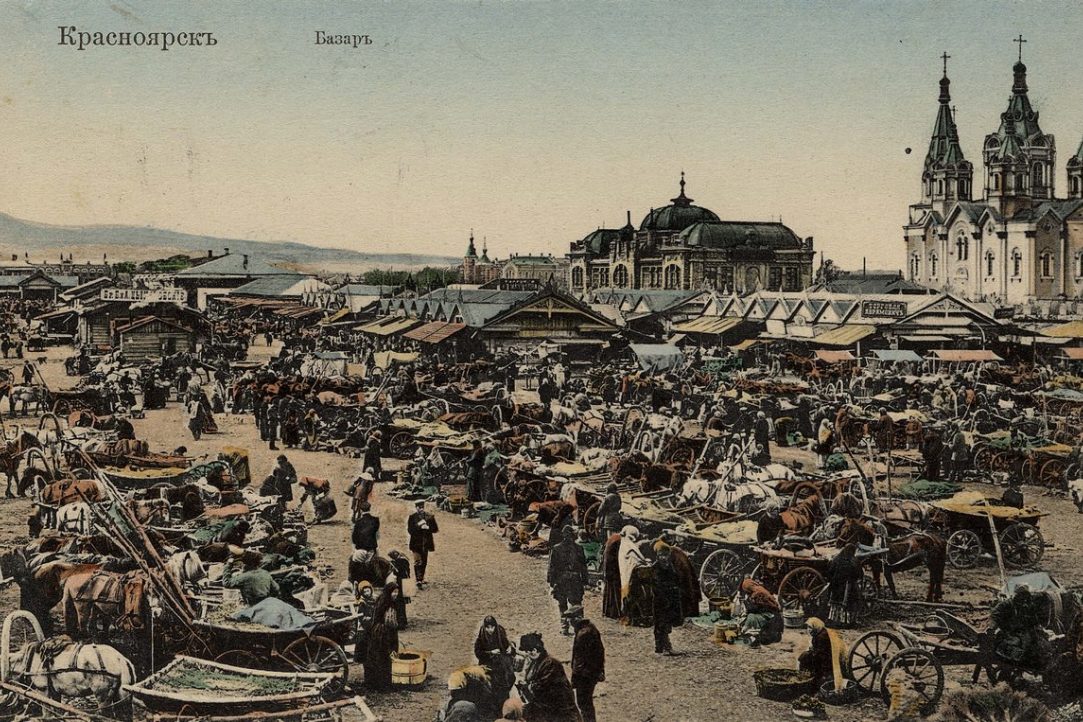
HSE University Researchers Explain Behaviour of Chaotic Systems
Researchers of the Laboratory of Complex Systems Modeling and Control have proposed a missing component of the mechanism of self-organized criticality, which will enable the reproduction of power-law patterns observed in the real world. According to the researchers, this can be used to improve our understanding of the the processes leading to strong earthquakes, forest fires, financial market crashes, and a sudden synchronization of social networks. The results of the research were published in the Scientific Reports journal.

Higher Education Protects Women from Gender-based ‘Penalties’
Women typically earn 18%-20% less than men do with the same education, profession and personal characteristics, researchers from the Higher School of Economics found using data from an employment survey of young personnel. What’s more, this income gap has a cumulative effect, growing wider the longer a woman works. Education, however, significantly compensates for this ‘penalty’. IQ.HSE examined this issue with the help of a study by Margarita Kiryushina and Victor Rudakova.

HSE University – St Petersburg Launches Joint Projects with the Maison Cartier
Within the framework of the ‘Cartier & HSE: the Future is Youth’ meeting, a presentation dedicated to the partnership between the HSE campus in Saint Petersburg and a world-famous luxury jewellery house took place with the participation of Yanina Novitskaya, Managing Director of Cartier in Russia, Ukraine, and the CIS, and Sergey Kadochnikov, Director of the HSE Campus in St Petersburg.

The Psychosocial Risks of Distance Working
The project team ‘Regulatory framework to prevent remote work-related psychosocial risks’ of the HSE University Faculty of Law has held an interdisciplinary online workshop to discuss the possible psychosocial risks faced by telecommuters. Participants learned more about the preliminary results of a survey conducted among Russians in summer 2021. In addition, guest experts from French and German universities spoke about EU countries’ experiences in preventing psychosocial risks.

Long-Term Care Systems: How to Help the Ageing Population
The number of people in need of long-term care will grow globally due to an ageing population. Russia is no exception. This is why the state is facing the task of creating an effective system of care for people who need it. At a workshop at HSE University, experts discussed how to model such systems and forecast their load.

Competition to Launch Experimental Research Laboratories Remains Open Until September 30
The competition is open to research projects in the fields of biophotonics and ageing (biology, physiology, biomedicine, biostatistics, and bioinformatics). The competition is aimed at creating, supporting, and developing science and international-level schools at HSE University. The university is also working to develop modern infrastructure for its natural sciences cluster as part of its active involvement in global research.

Champagne and Unsanitary Conditions: Trade in Siberia 150 Years Ago
The increasing application of law in various spheres of life in the Russian empire promoted trade regulation and influenced everyday trade practices—even in remote regions. Tradespeople, in turn, tried to limit the application of new regulations while using laws to serve their own interests. HSE University has hosted a seminar on trade in Siberia in the second half of the 19th and early 20th centuries.

Scholars Look at Publication Activity in Post-Soviet Countries
75% of papers published in post-Soviet countries are by Russian researchers. In total, about 3% of all papers published globally are from post-Soviet countries. The role of universities has grown over the last 30 years, with over half of all recent academic papers being made with the participation of university researchers. These are the conclusions made in a study of publication activity by scholars in post-Soviet countries.

Meditation Has Greater Benefits for Intrinsically Motivated People with High Self-Control
HSE University researchers Evgeny Osin and Irina Turilina conducted an intervention study looking into the effectiveness of a short-term online mindfulness meditation course. They discovered that even after a three-week course of daily 10 to 15-minute meditation sessions, novice participants benefitted from improved emotional wellbeing, concentration, motivation and self-reflection. The practitioners were also less likely to fixate on negative thoughts. However, these effects only applied to people who already had sufficiently high levels of self-control and motivation to meditate and were thus less likely to give up on the practice. The research is presented in an article published in Applied Psychology: Health and Well-Being

Researchers Explain Potential Cause of Earth’s Green Airglow
A team of Russian researchers from HSE University, the Russian Space Research Institute, and the Pushkov Institute of Terrestrial Magnetism (Russian Academy of Sciences) has described the development of modulational instability of electromagnetic waves in dusty ionospheric plasma, which is caused by a high intensity of electromagnetic emissions. The researchers considered inelastic collisions of ionospheric plasma particles and formulated new tasks and applications to be addressed at a later stage. The results are published in the Physics of Plasmas journal.


Applications are submitted until August 17, 2025